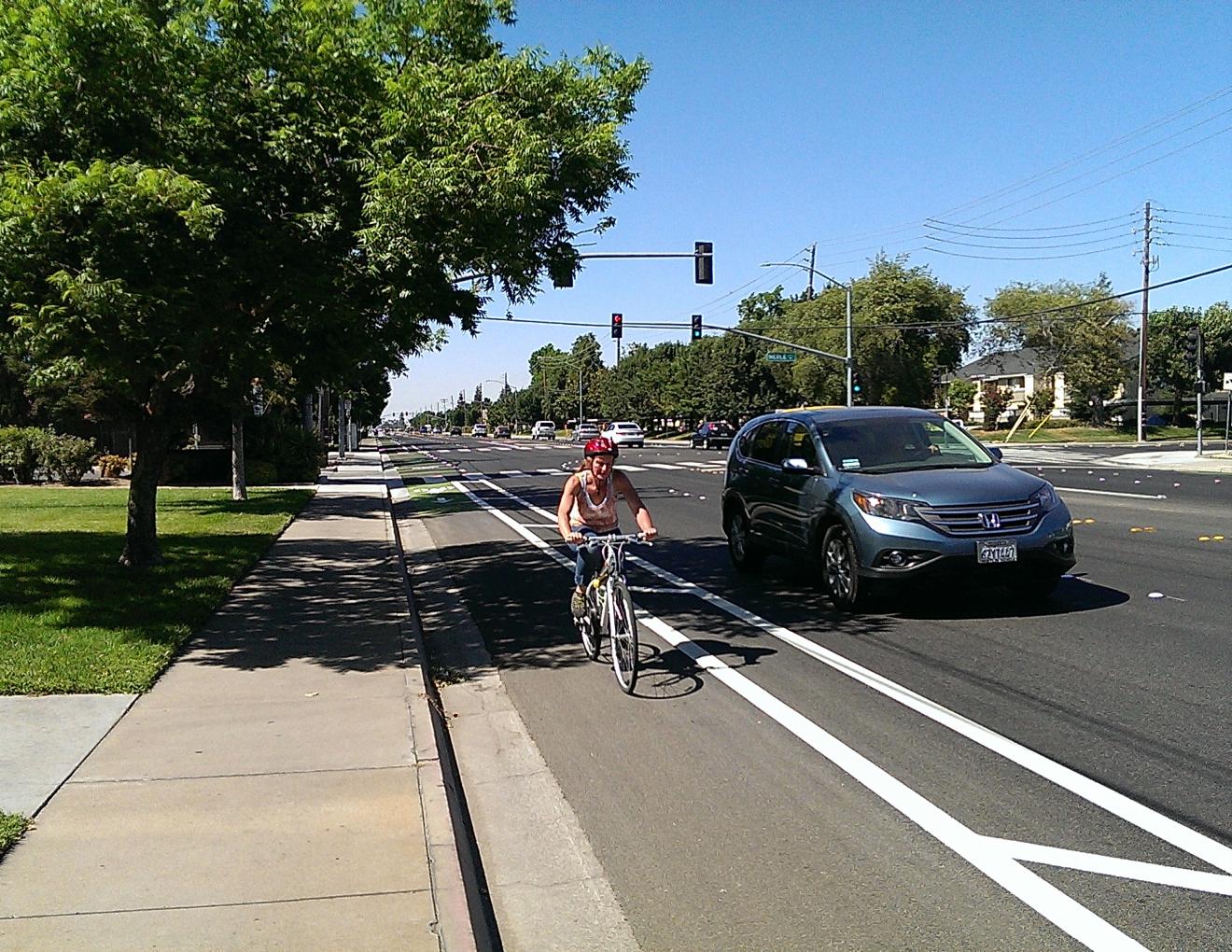Today, the FHWA responded to a lawsuit brought last summer by the Natural Resources Defense Council, U.S. PIRG, and the Southern Environmental Law Center on behalf of Clean Air Carolina by reinstating a rule the suit claimed had been illegally suspended by the federal administration. The response came just days after several states and state agencies, including California and the California Air Resources Board, filed a similar suit against the federal government.
The rule, which will be reinstated on Thursday, requires every state DOT and MPO to track greenhouse gas emissions from on-road vehicles on the national highway system. In addition, they must establish targets for reducing greenhouse gas emission by February 20, 2018, and report on that progress. Similar to laws already in effect in California, it requires the states to figure out how much greenhouse gas emissions they are producing and set goals for reducing them.
It's a first step towards measuring some of the environmental harms of unrestrained highway investments at the expense of other, more environmentally-friendly travel modes.
“Our view is it should have been in effect all along,” said Amanda Eaken of the NRDC. The rules were filed in the Federal Register on January 18 of this year, but the new administration suspended them without holding any hearings. “Those actions were clearly illegal,” said Eaken.
With the notice of reinstatement, the FHWA also announced that it will begin a formal rulemaking process to seek a repeal of the rule. The process, properly conducted, includes requirements for seeking and incorporating public comment, and the groups that filed the original lawsuit plan to play a major part in the rulemaking, and “vigorously oppose any permanent repeal effort.”
“Passing this rule adds the potential, not the certainty, of success” in reducing carbon pollution from vehicles, said Eaken. There is more work to be done to ensure the targets are met, but reinstating the rule allows officials to work with local and state transportation agencies to create transportation plans that take into account carbon emissions, as opposed to ignoring them as many areas do.
The lawsuit's success was stunningly quick. “It is fantastic to have the opportunity to protect the public interest and defend against these illegal attacks,” said Eaken.
As important and hard fought as this victory is, it's nowhere near where we need to be. The feds and the states should not just be measuring emissions, but taking immediate action on lowering them--which would require a wholesale move away from a century of highway expansion and towards serious funding for transit, walking, and bicycling.






